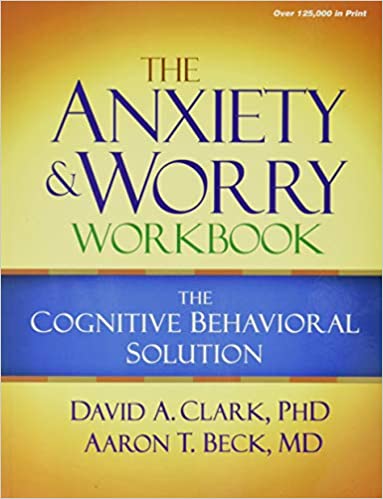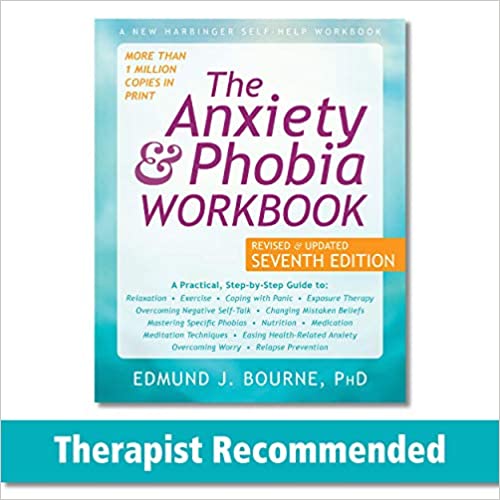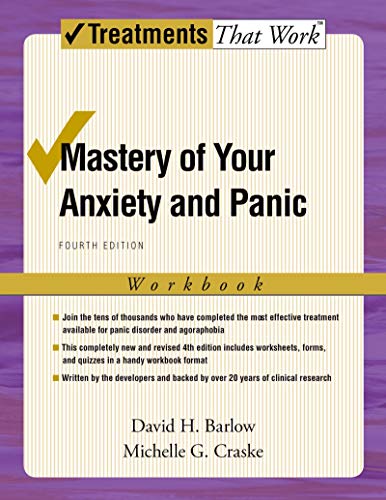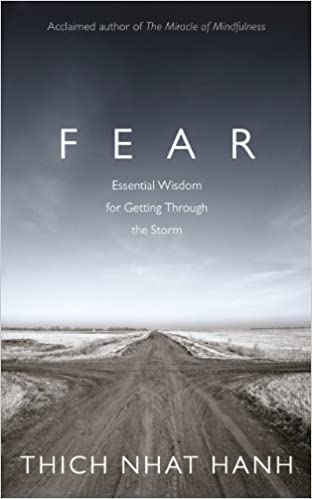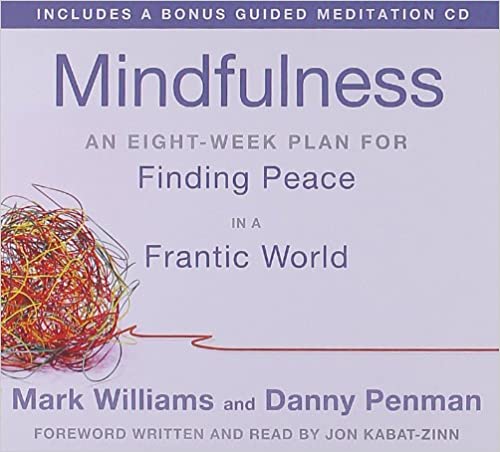Books
If you buy any of these items using the links that I provide, it costs you absolutely nothing and it helps me to add more recommendations to this list.
Adult Anxiety
Integrative Medicine
Adult Anxiety
David Clark & Aaron Beck
David, the guru of cognitive approaches to the understanding and treatment of anxiety disorders, is the one scientist a psychologist must read.
Aaron is globally recognized as the father of cognitive therapy and one of the world’s leading researchers in psychopathology. The American Psychologist has called him “one of the five most influential psychotherapists of all time.
Edmund Bourne
In the third edition of his workbook, psychologist Bourne describes specific skills needed to overcome problems with panic, anxiety, and phobias, and provides step-by- step procedures for mastering these skills. The book contains a fair amount of descriptive material but emphasizes cognitive-behavioral skills, strategies, and exercises to foster recovery
David H. Barlow
He was Professor of Psychiatry and Psychology at Brown University. Presently at Boston University he is the Founder and Director Emeritus of the Center for Anxiety and Related Disorders there.
Michelle G. Craske
She is one of my favorite anxiety and depression researchers from Univ. California, Los Angeles, where she is also the Director of the Anxiety and Depression Research Center, and Associate Director of the Staglin Family Music Center for Behavioral and Brain Health.
Integrative Medicine
Thich Nhat Hanh
He is my favorite monk. He was born in central Vietnam in 1926, and started his training at the age of sixteen. He was one of the first bhikshus to study a secular subject at university in Saigon, and one of the first six monks to ride a bicycle!!
Mark Williams
He was a Professor of Clinical Psychology, Director of the Oxford Mindfulness Centre and Wellcome Principal Research Fellow in the University of Oxford Department of Psychiatry. He worked on why some people become suicidal when they get depressed, and others don’t and used their new understandings of who was most at risk to adapt Mindfulness-based Cognitive Therapy (MBCT) to prevent new episodes of depression for those who were most vulnerable.







